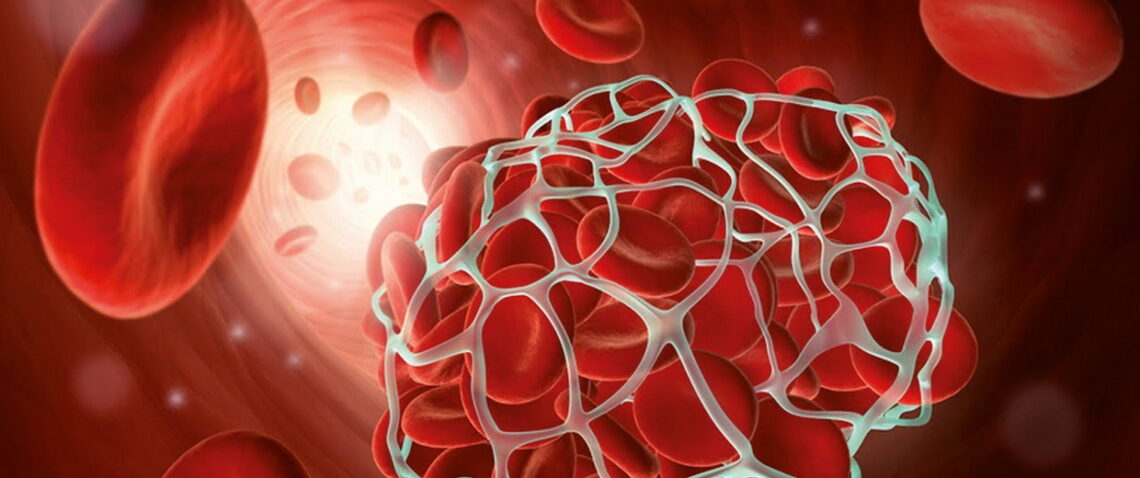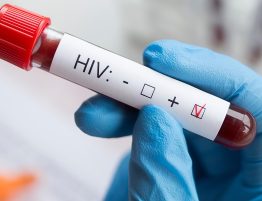
April 17 is World Hemophilia Day.
As part of Health Day, in order to provide advice on motivating the population to maintain a healthy lifestyle, take care of their own health, and modern detection and treatment of diseases of the circulatory system, direct telephone lines have been organized in healthcare organizations of the Brest region.
Telephones for consultations:
- UZ “Brest Regional Hospital” – 8 (0162) 27-21-88 (from 9:00 to 15:00).
- UZ “Brest Children’s Regional Hospital” – 8 (0162) 28-99-09 (from 14:00 to 16:00).
Hemophilia is a hereditary disease associated with a blood clotting disorder, when any cuts or minor injuries lead to bleeding, including internal bleeding, which the body cannot stop on its own. This disease is caused by insufficient production of blood clotting factors as a result of changes in one gene on the X chromosome.
Hereditary hemophilia affects males: women pass on the altered X chromosome to their sons. Their risk of hemophilia is 50%. The prevalence of this pathology in the world is 1 case per 10-50 thousand male population. But a girl can be a carrier of the gene, but she practically does not suffer from this disease herself: hereditary deficiency of blood clotting factors in women is a very rare phenomenon.
Warning signs that indicate a deficiency of blood clotting factors (usually detected at school age) are: various bruises, bruises, bleeding from cuts, from the socket of an extracted tooth, gums, after surgical interventions, injuries that do not stop after 6-8 hours ( delayed nature).
MEDICINE IS NOT STANDING STANDING. THE LIFE PROGNOSIS OF PERSONS WITH THIS DISEASE IS CURRENTLY FAVORABLE!
Doctor of the clinical diagnostic laboratory of the Brest City Clinic No. 2 Oksana Shved.








